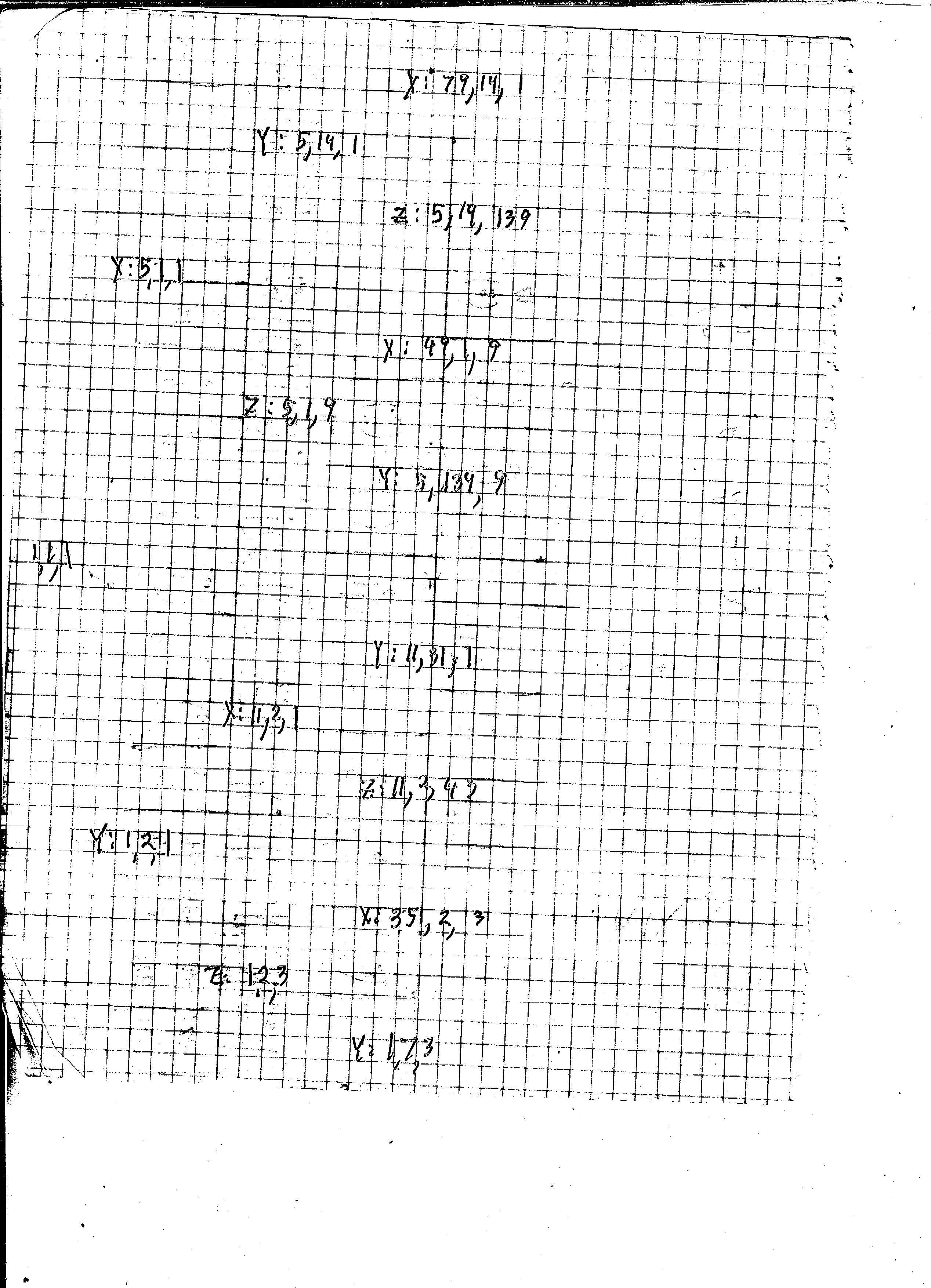Consider the equation $x^2+ay^2+bz^2=(1+a+b)xyz.$ If there are infinitely many integral solutions, then up to permutations $(a,b)=(1,1),(1,2),(2,3).$ I have found a presentation by Waldschmidt (https://webusers.imj-prg.fr/~michel.waldschmidt/articles/pdf/MarkoffEn.pdf). I would like to ask about a standard reference related to this result.
-
$\begingroup$ Mordell's book on Diophantine equations has a lot about Markoff equations (but I don't know whether it answers your specific question). $\endgroup$– Daniel LoughranCommented Mar 18, 2019 at 10:14
-
3$\begingroup$ What do you mean by "if $(1, 1,1)$ is a solution"? How can in be not a solution? $\endgroup$– Fedor PetrovCommented Mar 18, 2019 at 11:38
-
$\begingroup$ You are right of course, (1,1,1) is a solution anyway, modified accordingly. $\endgroup$– castorCommented Mar 18, 2019 at 18:15
1 Answer
I understand. Given integers $1 \leq a \leq b,$ we can travel out of the $(1,1,1)$ solution of $$ x^2 + a y^2 + b z^2 = (1+a+b) \; xyz $$ with "jumps" $$ x' = (1+a+b) \; yz - x \; , \; $$ $$ y' = \left(\frac{1+a+b}{a} \right) \; zx - y \; , \; $$ $$ z' = \left(\frac{1+a+b}{b} \right) \; xy - z \; . \; $$ In order for this to always work, we need integer coefficients, or both $$ a | (b+1) \; , \; $$ $$ b | (a+1) \; . \; $$ If $b > 1,$ we need $b = a+1,$ hence $a | (a+2)$ and $a | 2.$ That is, $$ a \leq 2 \; , \; \; b = a+1 \; \; . $$
References include KAP and me and HURWITZ. I imagine Waldschmidt knows some more references related to the $(1,a,b)$ examples. I think I will do a few layers of the 1,2,3 tree, this is new to me. $$ x^2 + 2 y^2 + 3 z^2 = 6 xyz $$ The three jumps are $$ x' = 6yz - x \; , \; \; y' = 3 zx - y \; , \; \; z' = 2xy - z \; \; . $$

